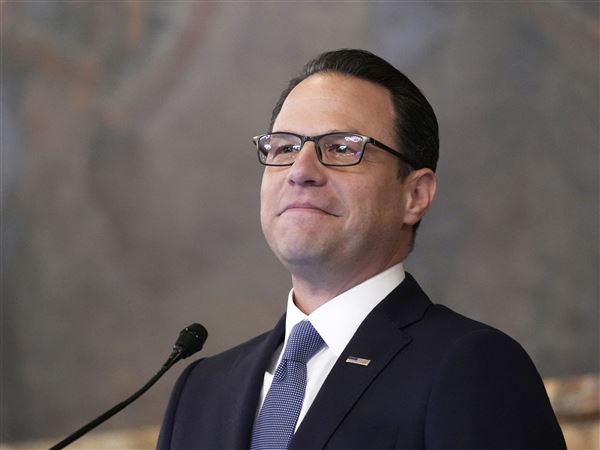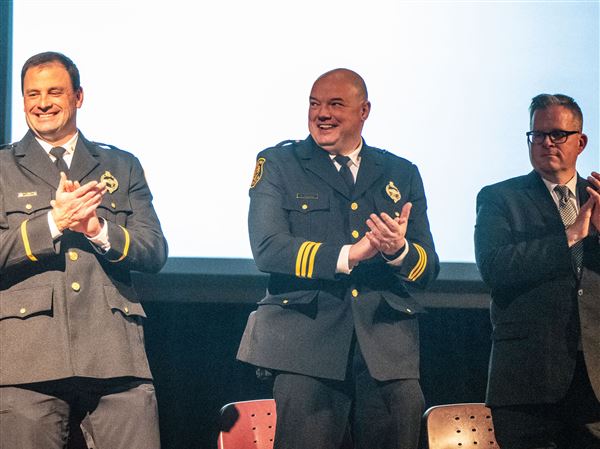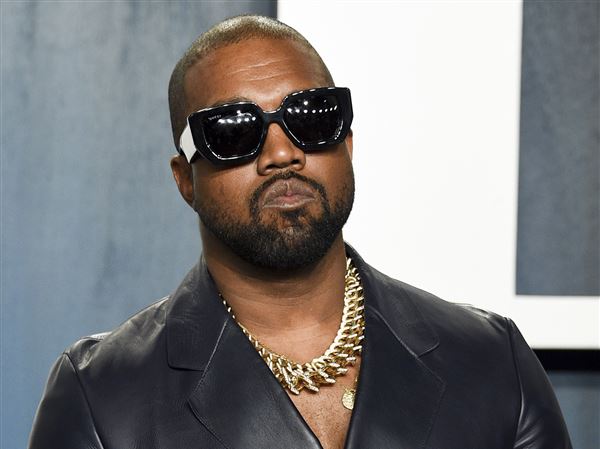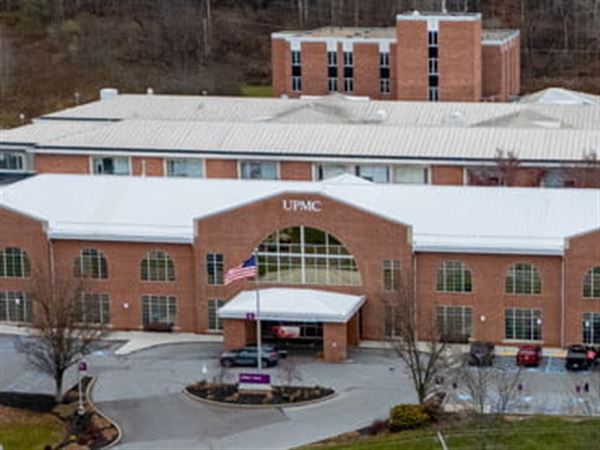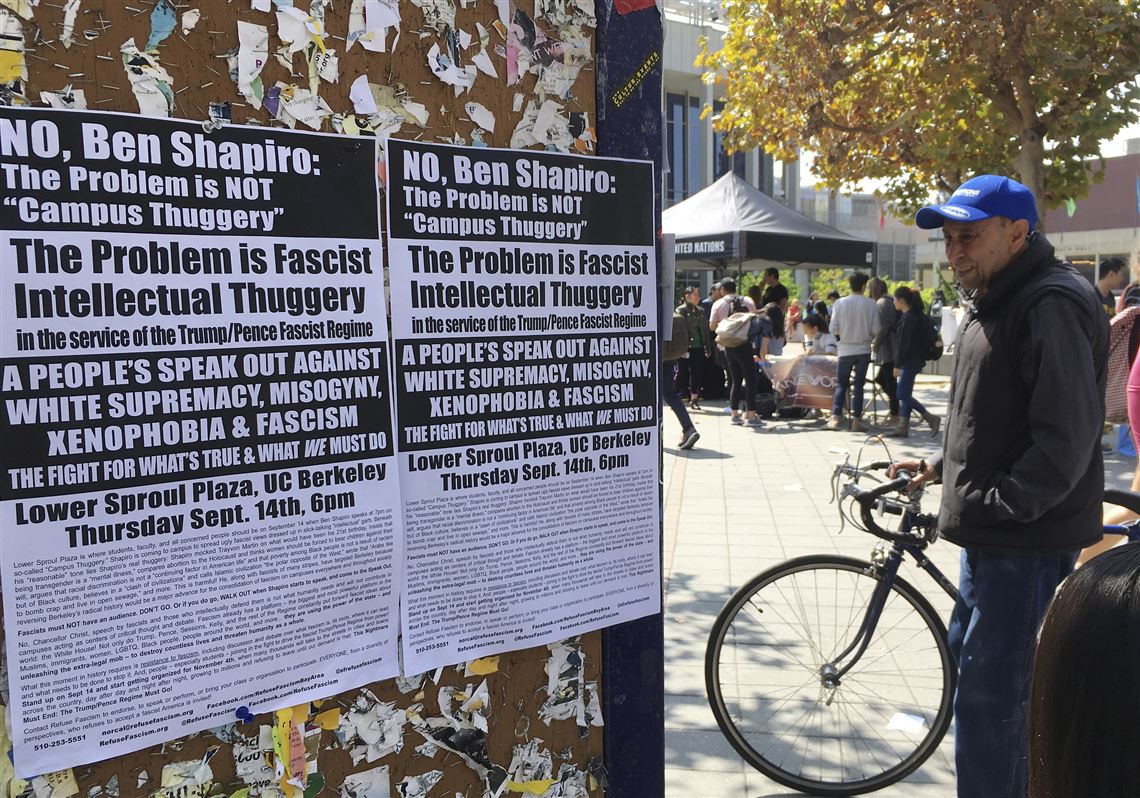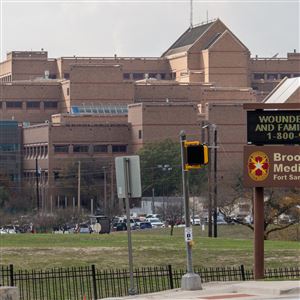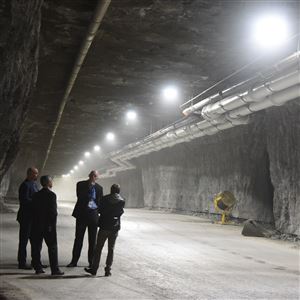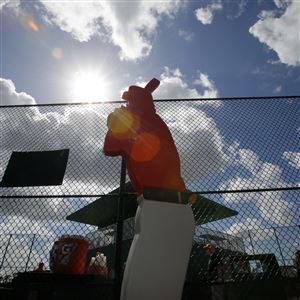A group of Jewish college students in Pittsburgh are spreading an open letter Wednesday in opposition to conservative commentator Ben Shapiro's evening appearance at the University of Pittsburgh, asserting that "hate, fear and white supremacy" are not welcome on campus.
The students say they will protest Mr. Shapiro's lecture, scheduled for 6:30 p.m. at Alumni Hall on Fifth Avenue and hosted by the Pitt College Republicans, because he is a "GOP apologist" and "mouthpiece for white supremacy."
"Ostensibly, we know that you are like us — Jewish. However, your Judaism does not invoke the values of our religion, history, heritage, and culture: justice for the oppressed," reads the letter, which was co-authored by Sarah Koros and Claire Singer, two Jewish students at the university.
More than 50 people had signed the letter as of Tuesday night ahead of Mr. Shapiro's lecture, which — according to his bio from the Young America's Foundation, who is sponsoring his speaking tour — will touch on topics including "Why the Left Hates the Constitution" and "How to Combat University Liberalism."
As editor-in-chief of The Daily Wire and host of "The Ben Shapiro Show," the 34-year-old's brash political commentary has made him an ideological superstar among the right as a conservative firebrand.
Mr. Shapiro's appearances on college campuses have fueled protests before, including on Tuesday night at Ohio State University. The Young America Foundation's Twitter account posted a video of the Ohio protest with the caption: "There's only one place that hate is coming from tonight and it's not [Ben Shapiro]."
In addition to a protest, the group of Jewish students at Pitt will host a teach-in at Alumni Hall, in which they'll explain the "political motivations behind anti-Semitism," Ms. Koros said.
"We're looking to create a space that 'calls it what it is,' while providing historical and contemporary context," Ms. Koros said.
In the letter, they write that fascism, white supremacy and hate are ideologies that "murdered our ancestors and continue to destroy our communities as well as those of our loved ones."
"After the recent white supremacist terror attack on our community, Pittsburgh does not need your cruelty," the letter to Mr. Shapiro reads. "We as Jewish Pittsburghers are committed to our values, to each other, and to supporting all victims of the white supremacy you espouse."
Mr. Shapiro could not be reached for comment.
His appearance has also generated conflict with the university administration. According to a spokesman with the Young America's Foundation, the organization is threatening to take legal action against Pitt if the university doesn't rescind a $5,546.52 security fee, apparently levied on the College Republicans two days ago as a prerequisite for the lecture to go on as planned.
The organization is taking issue with administrators' assertions that they factor both "controversy" and "protests" when levying a security fee. The Young America's Foundation called those "viewpoint-discriminatory and illegal considerations," and said they've retained a law firm to explore legal remedies.
“It allows the administrators to have unfettered discretion in determining what kind of security is needed for an event," Young America's spokesman Spencer Brown said. "Unfortunately, what we see is, it opens the door ... to charge conservatives for more security, whereas leftist speakers are not charged extra fees."
But the University of Pittsburgh has guidelines outlining security needs for on-campus, student organization-hosted events. According to the policy, student organizations who invite a speaker are responsible for any and all security costs, determined by an evaluation by university police and the Dean of Students.
The university considers a number of factors when determining a security fee, including anticipated audience size, location of the event, other events taking place on campus and "prior security concerns at the speaker's or performer's past presentations at any location."
Mr. Brown said if the fee was applied universally, it would be fairer and take the discretion out of administrators’ hands.
Joe Miksch, spokesman for the university, said the university does not disclose particular fees, but added, "fees for political candidates with similar event dynamics would be charged to the campaign per our policy."
"Consistent with the First Amendment, the content and viewpoint of the speaker’s or performer’s message and the community’s reaction or expected reaction to the event will not be considered when determining the security fee to be paid by the hosting organization," Mr. Miksch said.
Nationwide, similar disputes are becoming common as campuses and event sponsors stake out positions about who should pay to keep the peace at emotion-charged events liable to draw a few dozen spectators to a room, or thousands to an outdoor square.
Peter Lake, a Stetson University law professor, said speakers likely to draw strong reactions are increasingly available and are in demand. The passions are often genuine, he explained, but there is also an emerging industry based on the spectacle.
"Americans have developed an appetite for controversial speech and activities," said Mr. Lake, director of the university's Center for Excellence in Higher Education Law and Policy.
Generally, schools that are the settings for these events "can have reasonable time, place and manner restrictions, but they are subject to judicial scrutiny" and courts tend to favor speakers, he said.
"Free speech is not free," Mr. Lake said. "Who covers the cost?"
Earlier this year, the University of Washington sought to charge the school's College Republicans a $17,000 security fee over a rally appearance by the founder of a group, Patriot Prayer, according to Zach Greenberg, a program officer with the Foundation for individual Rights in Education.
A lawsuit followed. The university imposed the fee based on previous protests there and elsewhere of conservative speakers that led to violence and property damage, Mr. Greenberg said in a posting to the site of the organization, a non-profit, non-partisan advocacy group in Philadelphia.
The College Republicans asserted that fee was a "viewpoint-based" levy on unpopular speech and a "heckler's veto" since it was being assessed based on reactions of others to controversial speech.
Mr. Greenberg said the case was settled in June, requiring the university to establish a "viewpoint-neutral security fee policy" and pay the College Republicans $122,500 in legal fees.
In another case, Kent State University is in court over an attempt by the school to impose a security fee on gun rights event Monday night. John Adams, a federal judge in Akron, has enjoined the school for charging the fee untnil a hearing in the case is held in December.
The group sued, and in June the case was settled.
On June 14, the University of Washington settled with the UW College Republicans over a $17,000 security fee imposed on the students for scheduling a rally with the conservative group Patriot Prayer. The settlement requires UW to create a viewpoint-neutral security fee policy and dole out $122,500 to the College Republicans for attorneys’ fees.
The settlement ends the College Republicans’ lawsuit, filed in February, over their effort to have conservative political activist Joey Gibson, the founder of Patriot Prayer, speak at their event. The university sought to charge the group $17,000 for security due to past protests of conservative speakers at UW and other colleges that have resulted in violence and property damage.
After UW imposed the fee, the College Republicans sued the university, alleging that the outsized security fee was a viewpoint-based cost for unpopular speech — an act at odds with the public university’s obligation to respect First Amendment rights. Additionally, the group accused UW of engaging in an “unconstitutional heckler’s veto” by charging it for any damage caused by the anticipated reaction to controversial speech. Shortly after the group filed suit in federal district court in Seattle, the court issued a temporary restraining orderpreventing UW from collecting the fee, which allowed the College Republicans’ event to occur. The group received support from several UW law school professors, who criticized UW for its “policy of charging student groups a substantial fee for events at which extremely unpopular ideas are expressed.”
First Published: November 14, 2018, 2:30 p.m.
Updated: November 14, 2018, 6:47 p.m.

